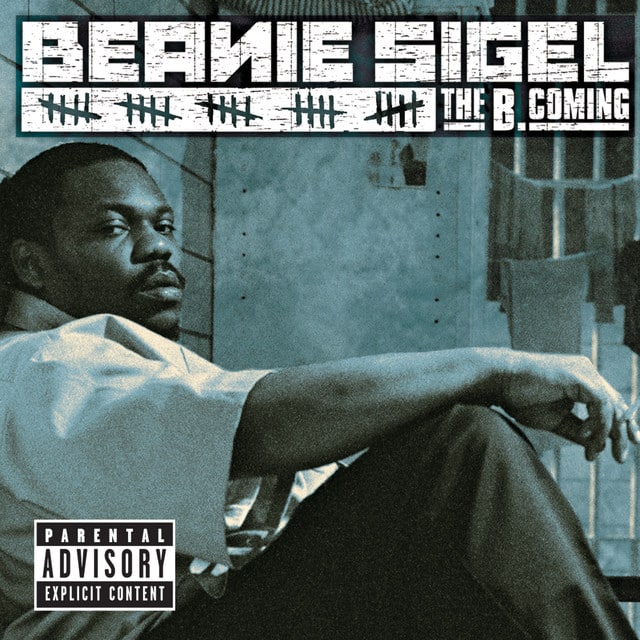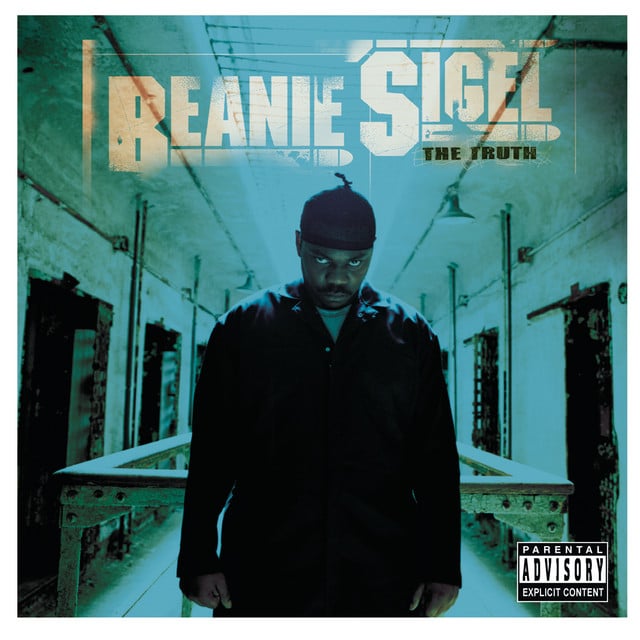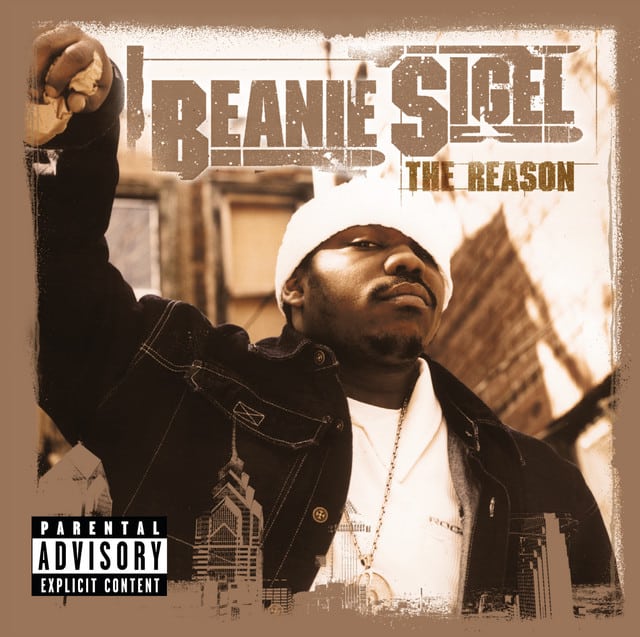Released: 2005 • Features: Melissa Jay
In “Feel It In The Air,” Beanie Sigel speaks on his anticipations of betrayal, going through a challenging situation, and his prevailing ability to remain steadfast despite his circumstances. He uses his lyrics to paint a vivid picture of an intense mental struggle and an eerie sense of impending doom.
The song kicks off with Sigel narrating his heightened intuition; his “Spidey-Senses” are tingling. He’s on high alert, his defenses up akin to a superhero. Akin to Spiderman’s ability to sense danger, Sigel’s metaphor implies that he’s aware of an impending threat in his life. He cites his “Steve vision,” referencing the 1970s TV show, The Six Million Dollar Man’s protagonist, Steve Austin, who had bionic eyes that granted him foresight beyond human ability.
Sigel then points out the fake facade some people put up by saying “Your handshake ain’t matching your smile,” which means people’s actions aren’t aligning with their intentions – an obvious act of deception. He paints the metaphor of a doomed ship, and even as others perish, he’s still afloat – he’s surviving, where others aren’t.
The second verse introduces us to a darker landscape, Beanie is in the corner of his room, ready for a fight – “Ready to go bananas.” This metaphor highlights his preparedness for the threat he sensed at the beginning. The narrative transits to paranoia, he doubts if he’s losing his sanity or if his suspicions are valid, there’s a sense of dread. He mentions an ‘inner voice’ advising him to “tighten up your circle,” advocating caution against potential threats from his own crew. Sigel concludes by admitting he’s ready to take drastic measures: “shoot for the moon”, and even if he fails, he’ll still be “amongst those stars.”
In the final verse, Sigel enters a deeply introspective phase, questioning his religious beliefs and the concept of divine justice. The grim reaper metaphor suggests death is lingering, but instead of running, he accepts that one day he’ll have to face judgment for his sins. His narrative becomes a cautionary tale – he’s ventured down this path so that others won’t have to. The end portrays Sigel as a war-worn veteran of the streets, circling the block, remaining cautious. Yet he persistently declares his ability to feel the impending betrayal “in the air.”
“Feel It In The Air” serves as a human story of survival, instinct, and the struggle of a man caught in the crosshairs of life’s trials. It beautifully illustrates an uncanny observation on human nature and the inherent instincts we possess when danger is looming.






